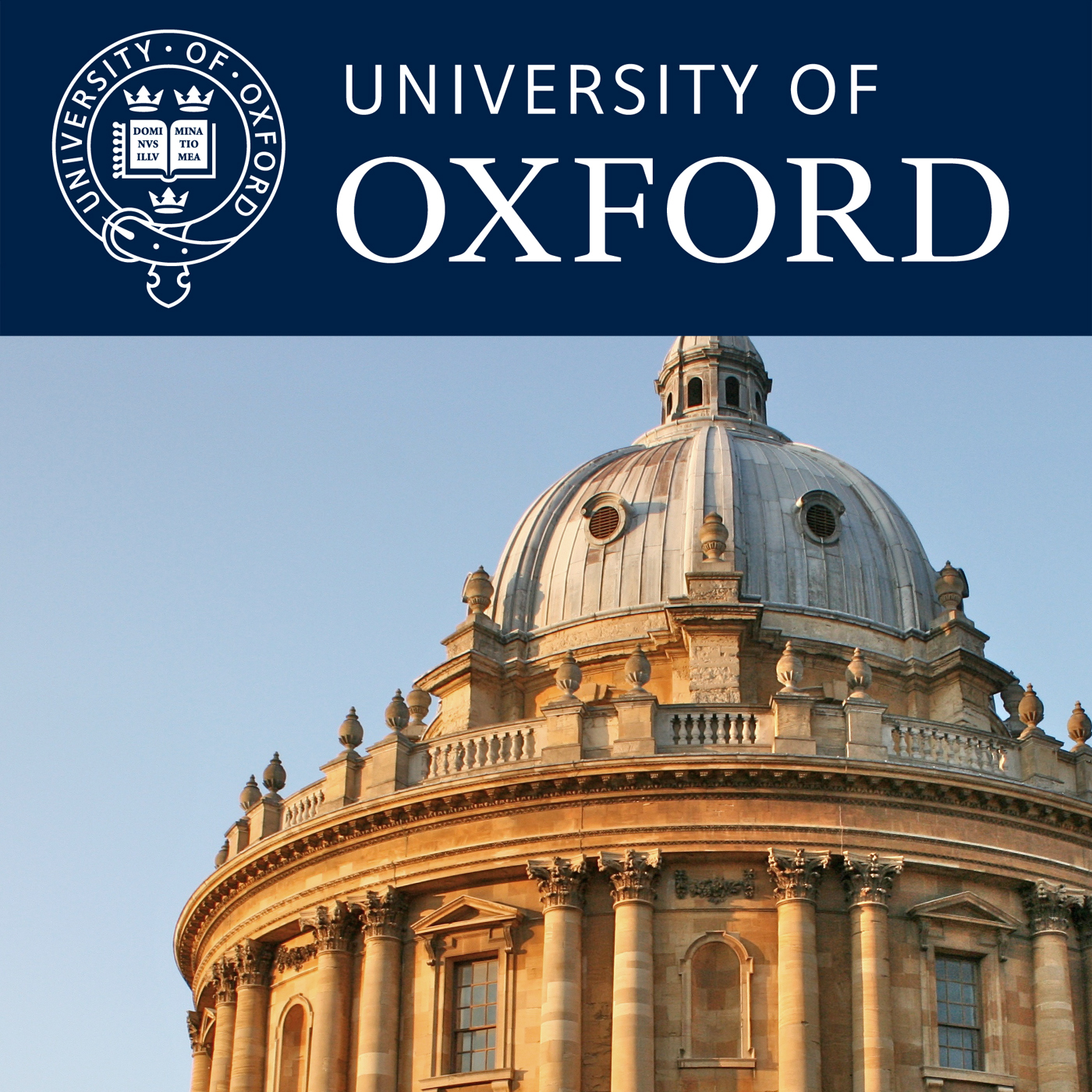Episodes
Published 07/07/14
Published 07/07/14
Published 07/07/14
Published 07/07/14
Published 07/07/14
Published 07/07/14
What can space teach us about the laws of physics? Space is huge and complicated. This is a challenge, but also gives us the ultimate physics lab. Francesca Day explores this further. Light from the beginning of the universe is hidden in the night sky. In space we can see physics at much higher energies and over much larger distances than we could ever manage on Earth. Space is also a great place to look for new particles – it produces and accelerates them for us and then drops them right on...
Published 07/07/14
Published 02/03/14
Published 02/03/14
Published 02/03/14
Published 02/03/14
How do we know what the stars are made of when we've never been to one? Dr Andrew Steele shows us how to make a spectrometer, a device used by scientists to analyse light, using a cereal box and a CD. Creative Commons Attribution-Non-Commercial-Share Alike 2.0 UK: England & Wales; http://creativecommons.org/licenses/by-nc-sa/2.0/uk/
Published 02/03/14
Jesse Liu, winner of the the departmental Speaking Competition for undergraduates, gives a short talk on the physics of a violin. The violin and elastic band are both string instruments. Yet what is it about the first that allows it to produce sounds many would regard as beautiful? I'll explore the physics behind music and the violin to illuminate this intersection of art and science.
Creative Commons Attribution-Non-Commercial-Share Alike 2.0 UK: England & Wales;...
Published 12/13/13
Tiffany Harte, Oxford Physics, discusses absolute zero temperatures and how by cooling atoms in a lab we can aim to replicate the coldest place in the Universe. I will be discussing how we cool atoms to create the coldest place in the Universe in the middle of a lab, and the fascinating states that emerge from these ultracold gases. We will look at cooling using lasers and evaporation, and see how the Highland Fling can explain giant quantum states.
Creative Commons...
Published 12/13/13
Published 12/13/13
An exciting talk and demonstration about superconductivity and its potential practical applications by Ben Williams, Oxford Physics. Superconductivity is a weird property of some materials that has exciting applications both in the lab and outside, in new technologies. The only problem is, we don't quite know what makes superconductivity work! In this talk, you'll see superconductivity in action and find out how, just like modern-day alchemists, physicists are looking to turn the mundane into...
Published 12/12/13
Joe Hitchen, Oxford University Physics Department, describe the different stages of sea ice growth and the formation of hollow tubes of ice in the ocean known as brinicles. Every year, millions of square kilometres of the Arctic ocean freeze over as sea ice forms but this growth is controlled by processes on the scale of millimetres and centimetres. At this scale, sea ice is not a pure solid but a mixture of ice crystals and concentrated brine known as a "mushy layer". I will describe the...
Published 12/12/13
In this talk Nazim Hussain, Oxford University, will provide an introduction to matter and antimatter and the interplay between them. As far as we can tell, our universe is filled with galaxies and planets (and people) all of which are made of matter. But, our universe could have been absolutely empty with nothing in it at all! In this talk, I will provide an introduction to matter and antimatter and the interplay between them. I shall also explain how the fact that we live in a universe...
Published 12/12/13
The discovery of the Higgs boson last summer is widely regarded as one of the most important scientific discoveries of our time. This talk will take you on a quick journey describing why we were searching for this elusive particle, and the experimental challenges involved in finding it.
Published 06/04/13
Published 06/04/13
Magnetic particles can get frustrated in their interactions with other particles because of lattice geometry. Lots of new and exciting physics is involved in understanding how they deal with their frustration.
Published 06/04/13
Published 06/04/13
Published 06/04/13
A short introduction to Astrophysics at Oxford University by Professor Roger Davies.
Published 09/05/08


